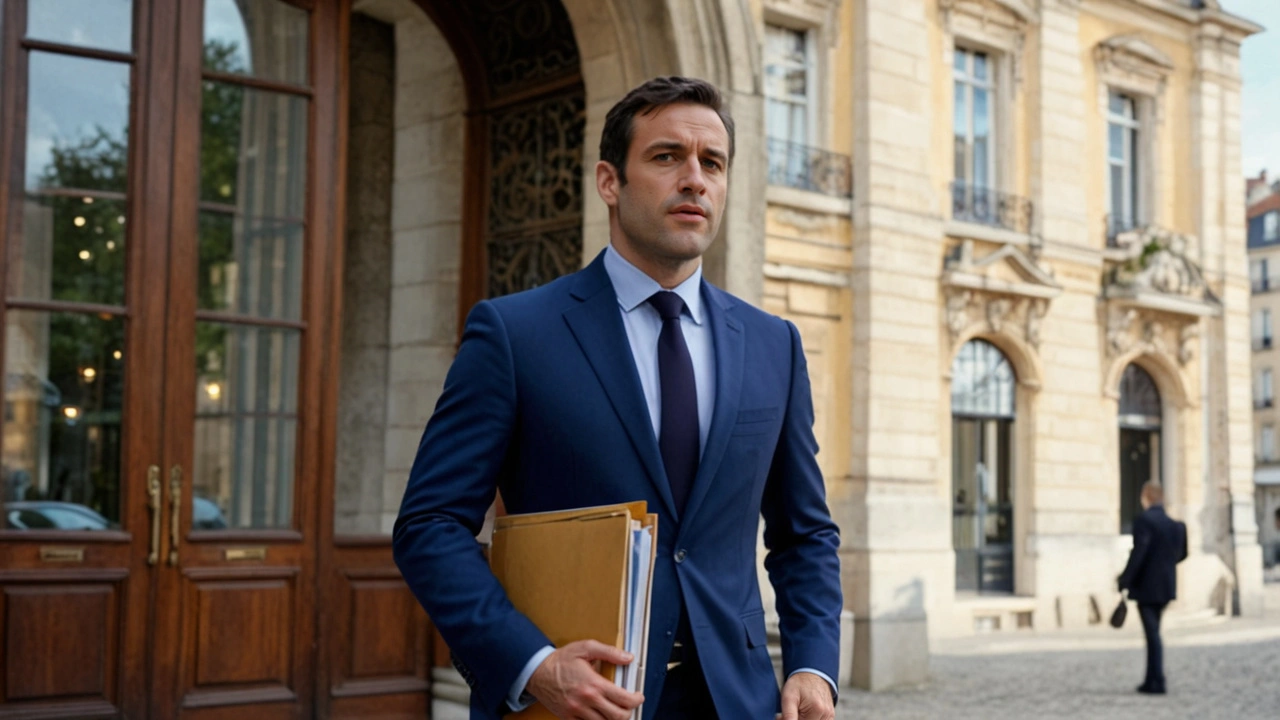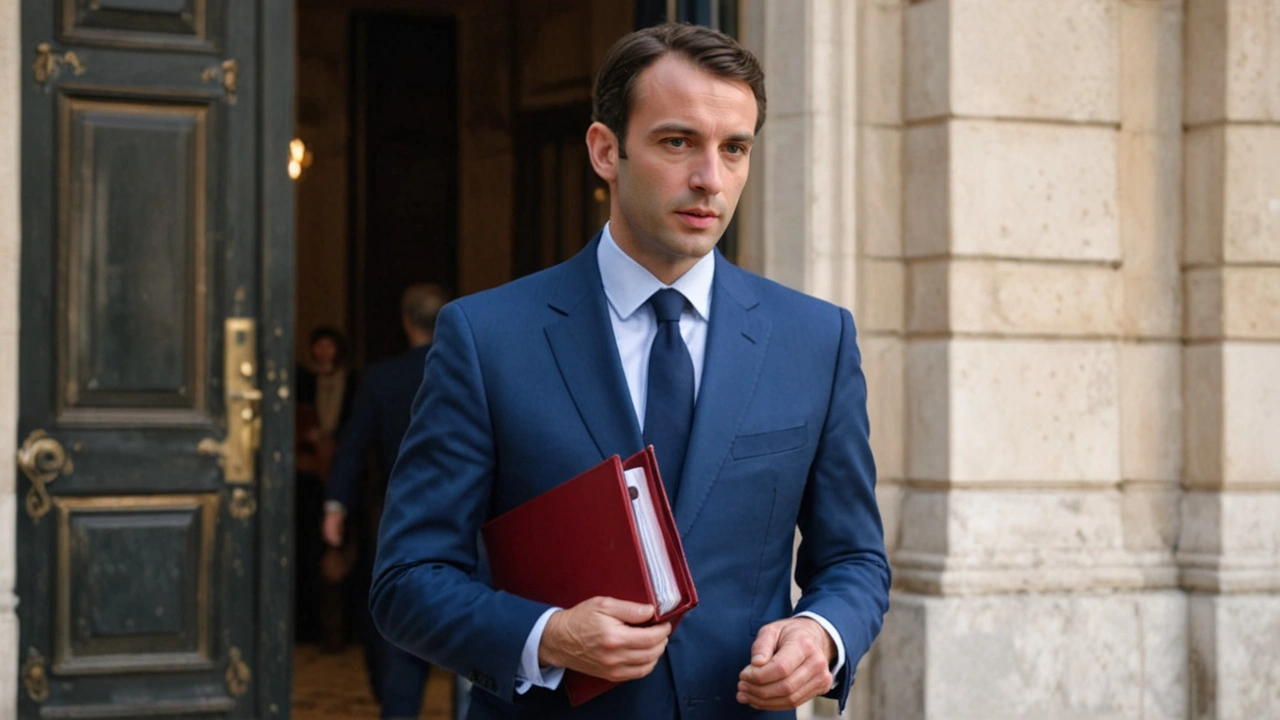French Government Turmoil: Macron Accepts Resignation but Retains PM Amidst Political Instability
17 Jul, 2024Macron's Complex Political Dance: Accepts PM's Resignation Amidst Unrest
In a decisive yet nuanced maneuver, French President Emmanuel Macron has accepted Prime Minister Gabriel Attal's resignation after a significant electoral setback. The centrist party's defeat in the parliamentary elections has upended France's political landscape, leaving the nation grappling with its next steps. Macron, however, has requested that Attal remain in office on a temporary basis to oversee the transitional government, especially with the Paris Olympics commencing in just ten days.
This period of political instability comes at a precarious time for France as it prepares to host a global event of immense significance. The recent elections on July 7th saw a left-wing coalition rise to power. Yet, this victory has been marred by infighting and discord as they struggle to unify behind a potential successor to Attal. This fragmentation illustrates the nation's broader political challenges and the complexities that accompany a diverse and ideologically varied coalition.

The Left-Wing Coalition's Struggle
The left-wing alliance, while triumphant, now faces the monumental task of finding common ground. Major parties within the coalition, such as Unbowed France (LFI) and the Socialists, are at an impasse, each rejecting the other's nominees for prime minister. This division is a stark reminder of the difficulties inherent in forming a cohesive government from a hastily assembled alliance.
Recent developments have seen three key parties within the New Progressive Front (NFP) side with former diplomat Laurence Tubiana, a prominent climate advocate, as a potential candidate. Tubiana’s nomination has garnered some support but also significant opposition, notably from LFI’s Manuel Bompard. Tubiana, respected for her work on climate issues, represents a possible compromise candidate, though she may not satisfy all factions within the coalition.
The challenges in selecting a prime ministerial candidate were anticipated, given the coalition's diverse ideologies and objectives. LFI's historical skepticism towards the centrist Ensemble alliance further complicates these negotiations. This skepticism has persisted, despite the necessity for unity in the face of recent electoral gains by more radical parties.

A Call for Unity and Coalition-Building
President Macron, in his communication to the nation, has emphasized the urgent need for political cooperation and coalition-building. He has urged mainstream parties to coalesce into a robust and inclusive government, attempting to sideline both the National Rally and the radical France Unbowed. Macron’s appeal for unity highlights his desire to build a stable political environment, less prone to the divisions and polarizations that have characterized France's recent political history.
The effort to avoid the influence of extreme parties is evident, as Macron aims to create a centrist government capable of navigating the current political turbulence. His decision to call for snap elections, following the success of the National Rally in the European elections, has been met with mixed reactions from his political allies and adversaries. This move, while bold, reflects the urgency with which Macron views the need for a decisive and unified government.
Potential Collaborations and Future Prospects
As the left-wing alliance continues to debate its next steps, the possibility of future collaborations looms large. The NFP is exploring potential partnerships with other political factions, including the conservative Republican Right. These discussions indicate a willingness to seek stability through broader collaboration, which could pave the way for a more balanced and functional government.
In the broader context of French politics, these maneuvers and negotiations signify a period of intense and transformative change. Macron's leadership during this time will be closely scrutinized as he seeks to guide the nation through political uncertainty, all while maintaining focus on pressing national and international issues, such as the upcoming Paris Olympics.

The Road Ahead for France
The current political scenario in France is a dynamic and evolving narrative. With Attal remaining in his position temporarily, France gains a fleeting sense of continuity. However, the ultimate resolution of this political impasse will require innovative solutions and unprecedented cooperation among France's diverse political factions.
As the nation looks forward to the Paris Olympics and other crucial milestones, the importance of political stability cannot be overstated. Macron's appeal for unity and cooperation will be key in navigating these turbulent times and ensuring that France emerges stronger from this period of upheaval.
The eyes of the world are on France, not only because of its hosting of the Olympics but also because of its ability to manage and surmount its political crises. The way forward will necessitate compromise, vision, and unwavering dedication to the nation’s democratic principles and values.

 by
by